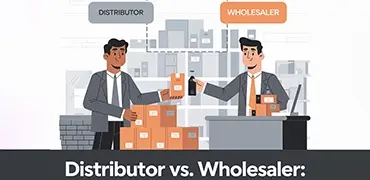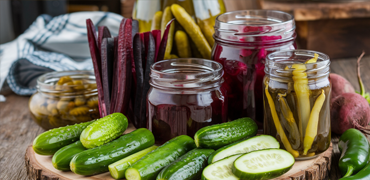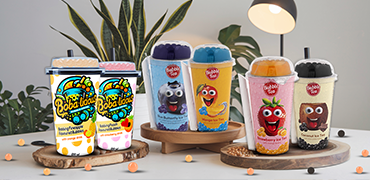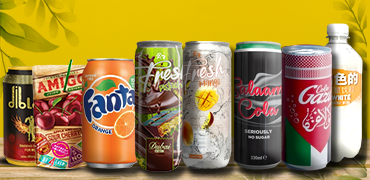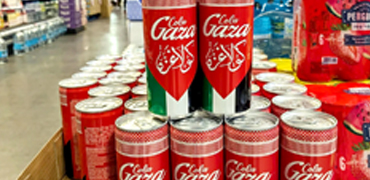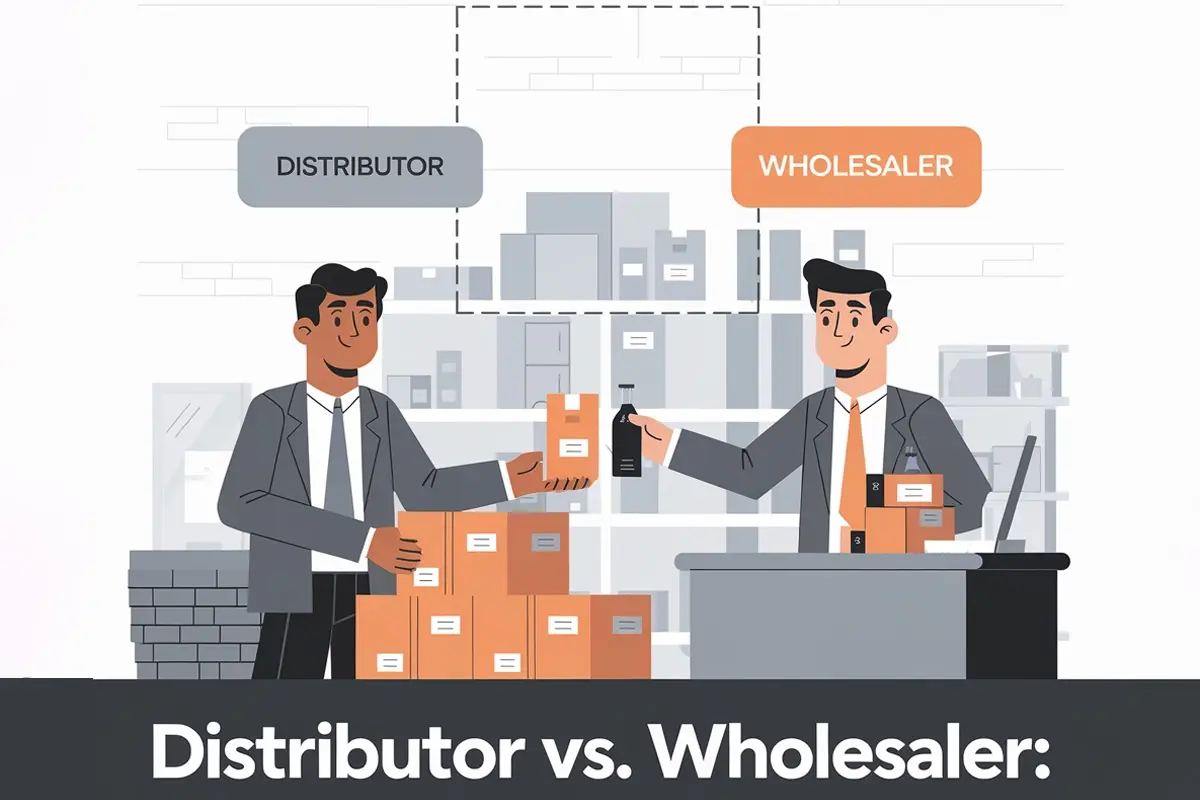
Distributor vs. Wholesaler: Understanding Their Roles in Product Distribution
In product distribution, distributors and wholesalers take significant but different roles. Knowing the differences can help businesses achieve an optimized supply chain. More importantly, each party contributes uniquely to producing a streamlined process to get products to consumers efficiently. This article describes both definitions and how both of these parties contribute uniquely.
What is a distributor?
A distributor is an intermediary in the supply chain between the manufacturer and other parties in the supply chain, like wholesalers, retailers, or even end customers. A distributor typically becomes the exclusive seller for specific brands within a given geographic area in product distribution. This way, manufacturers can reach a greater market without being responsible for every step in the sales process. Usually, distributors provide services besides product handling, such as inventory management, marketing support, and sometimes even after-sales service.
Because of their close association with manufacturers, distributors are more knowledgeable about their products. This relationship allows them to assist retailers in product education, branding insights, and sometimes even technical support. Hence, distributors offer more than mere product availability; they add value that may influence customer loyalty and brand success.
What is a Wholesaler?
In contrast, the basic role of a wholesaler is as a high-volume, low-margin volume buyer from manufacturers or distributors. Wholesalers are, therefore, positioned primarily to sell to retailers, as that is the basic business function in which they participate. There is not necessarily a marketer's role, as one finds in a distributor or any marketing support tied directly to the brand. That is the nature of what a wholesaler does: a quick "turn and burn" kind of operation to move a lot of products from either manufacturers or distributors into the retail marketplace.
The wholesaler provides a level of availability to products because he often provides a space for storing them and quick delivery to retailers. Providing the platform to connect the distributors or manufacturers with retailers means small businesses will have inventory available without making massive orders; they can also handle their cash flow well.
Distributor vs. Wholesaler: Main Differences
Although both distributors and wholesalers facilitate the movement of goods from the manufacturers to the consumers, their functions and services are very different. The distributors directly work with the manufacturer to support brand-specific campaigns and provide rich information about the product. The wholesalers focus on large-volume purchases and resell them to retailers who want their stock as soon as possible and at the most reasonable price.
Choosing Between a Distributor and a Wholesaler
Firms need to determine which satisfies their requirements better, the distributor or the wholesaler. While companies may have much more extensive marketing requirements and product information that might be marketed in their respective brands, working through a distributor could be quite suitable. Alternatively, the wholesaler may be the appropriate option if a retailer wishes to procure goods in higher quantities due to lower order prices.
Understanding the role of distributors and wholesalers encourages businesses to make informed decisions that improve the efficiency of the supply chain and customer satisfaction.


.webp)


.webp)


.png)





